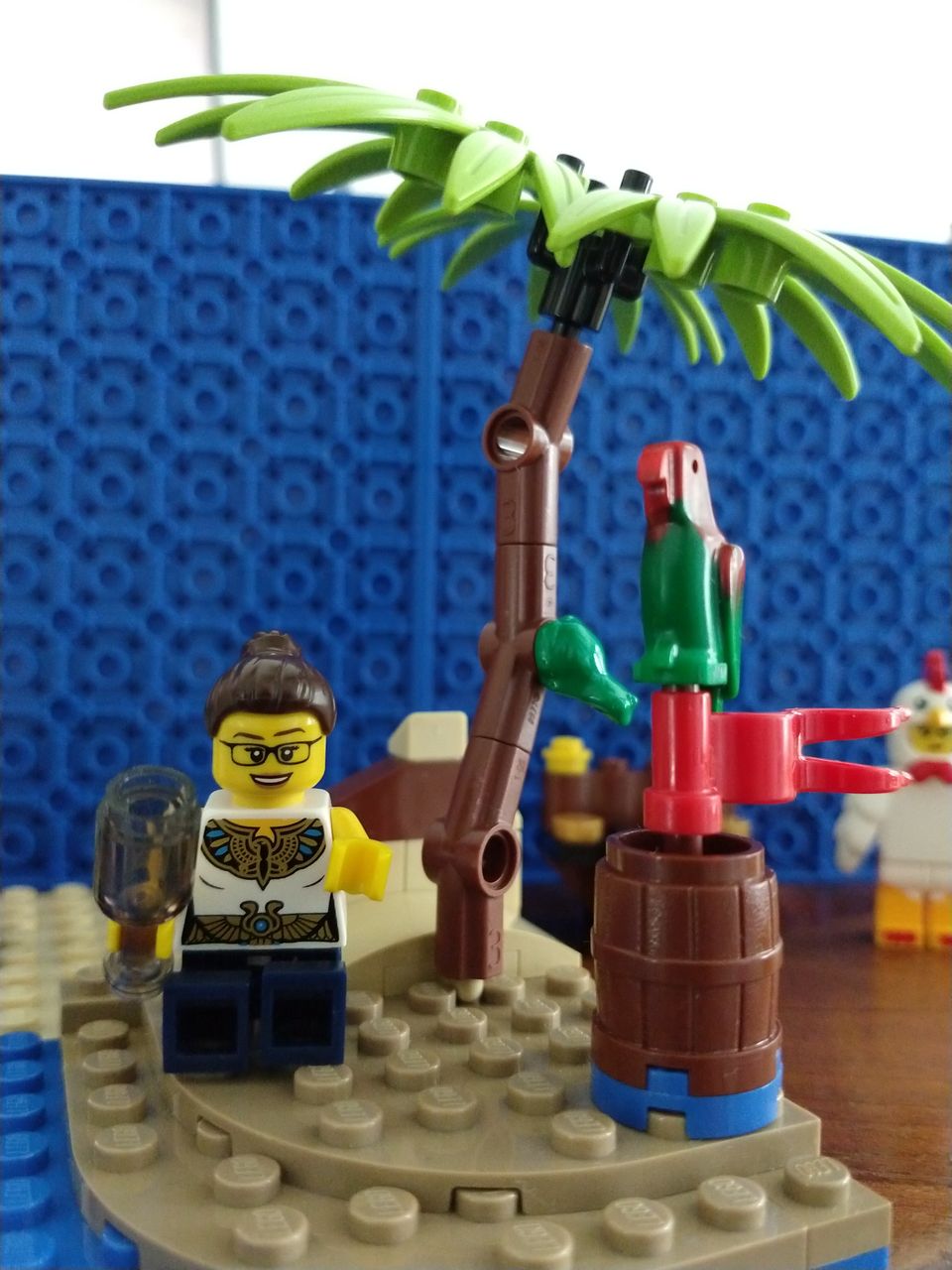The word vacation (from lat. vacere) means to be empty, free, or at leisure. We understand vacation as a leave of absence from a job for recreation or tourism in the work setting. Studies show that vacation improves productivity, life satisfaction, health (i.e., reducing stress and the risk of heart disease) and tightens family bonding. Beyond taking vacation supports economic growth and opens job opportunities.
There are minimum requirements for annual paid leave in nearly all countries worldwide that must be granted to employees. In Germany, the minimum requirement is 20 days for the 5-day-week, according to BUrlG. Besides, some employee groups (i.e. young people or people with a disability) will enjoy the more paid vacation. Besides, there are around 10 public holidays (depending on Germany's states) as an extra paid leave of absence. In summary, employees should have at least 30 days of paid vacation annually.
|
|
Vacation Entitlement (5-day-week) |
According to |
|
Employee
(in general, older than 18 years) |
20 days |
|
|
Children/Youth
(younger than 16 years old) |
30 days |
|
|
Youth
(16 years old) |
27 days |
|
|
Youth
(17 years old) |
25 days |
|
|
Employee
(with a disability) |
+5 days |
An employer can grant more than the minimum requirement of paid annual leave, for example, 26 days of vacation entitlement for a 5-day-week.
Guidance for employers
Calculation of holiday entitlement
The vacation entitlement is based on the weekly working days and not the weekly working hours. For example, 20 vacation days for a 5-days-week is equivalent to 16 days for a 4-day-week or 12 days for a 3-day-week.
Annual regular holiday x Actual working day in a week : Regular working day in a week
Each month's annual holiday entitlement will be calculated pro-rata if an employee's working day changes (reduces or increases).
All employees are entitled to annual vacation, including Minijob (450-Euro-Minijob or kurzfristige Beschäftigung). Vacations in case of an unequal number of working days per week need to be calculated as follows:
Legal annual leave x Working days in a year : Annual working day (260 days)
(Resource: https://blog.minijob-zentrale.de/minijob-urlaub-berechnen-leicht-gemacht/)
Illness
According to § 9 BurlG, if an employee is sick during his vacation and provides a sick note, the vacation days will be taken into account back.
Time, transferability and compensation for holiday
The employee is entitled to one-twelfth of annual leave for each full month of the employment relationship. Employees can take full vacation entitlement after working at the company for 6 months.
Employers in Germany have to remind employees to take vacation until the end of the year (see the example here). Without any reminder (i.e. via email), the vacation days do not lapse, and the employee can transfer and accumulate the days into the next year (BAG vom 19.02.2019 – 9 AZR 541/159).
The holidays should not be converted into money or overtime because employers have to grant the holiday. In consequence, an employee is still entitled to the paid days of vacation by law.
Long-term illness
For months or years, long-term sick employees can still claim the vacation entitlement in case of illness up to 15 months after the end of the vacation year (§ 7 para. 3 S. 3 BUrlG).
Parental Leave
For each full calendar month that employees are on parental leave, the employer has the right to reduce the annual leave entitlement by one-twelfth. This deduction should be mentioned on the certificate confirming the parental leave (see the example here). The remaining vacation can be taken after the return (§ 17 BEEG).
End of the employment
- If an employee leaves his company after 30th June, the employee is entitled to the full annual vacation entitlement. However, the employee is not entitled to the paid vacation for the current calendar year in the new company anymore. Therefore, the employer must provide a certificate confirming the amount and/or compensated vacation granted in the current calendar year based on § 6 BUrlG (see the example here) to avoid the double entitlement.
- If the employer cannot grant the vacation by the end of employment, the employer must pay for the remaining vacation (§ 7 para. 4 BurlG). The payment is based on average earnings in the last 13 weeks before the beginning of the holiday (except for paid overtime). Alternatively, the employer can give an irrevocable release (German: unwiderrufliche Freistellung). The release includes the paid vacation, so the employer must not pay for the remaining vacation (§ 11 BurlG).
(Last updated: 03 April 2022; see the disclaimer on legal advice)


